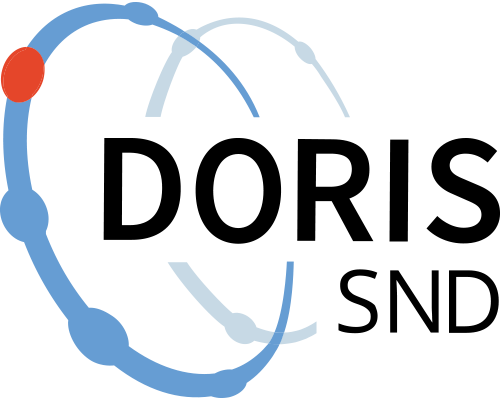Family and working life in the 21st century - Family and working life
The project 'Family and Working Life in the 21st Century' (YAPS) began in 1998. The aim was to establish a longitudinal database for studying the mutual relationship between values and demographic behavior. The values one holds influence how crucial decisions are made, such as moving in with a partner, having children, or changing jobs. The project analyzes both the significance of values for partnership formation and childbearing in early adulthood (up to 35 years of age) and how values regarding family and work change over time, depending on changes in family situation. To achieve this, panel data is required, meaning data from the same individuals at two or more points in time. This allows for distinguishing between selection and adaptation effects.
The first survey was conducted in the spring of 1999 and targeted individuals who were 22, 26, or 30 years old at the time of the survey. There were two different samples: one consisting of individuals with two Swedish-born parents, and one of individuals with one or both parents born in Poland or Turkey. A second survey round took place in the spring of 2003, when the respondents were four years older. The 2003 survey also included a new group of 22-year-olds in the Swedish sample. A third data collection was conducted in the spring of 2009.
In addition to variables collected through the surveys, a number of background variables were obtained from Statistics Sweden’s Total Population Register (RTB) and Education Register. These data refer to January 1999 and January 2003, respectively.
The response rate for the 1999 survey was 67% for the Swedish sample, 60% for respondents with a Polish background, and 49% for respondents with a Turkish background. In the 2003 survey, the response rate for the Swedish sample was 72%—78% for respondents who also participated in the 1999 survey and 60% for the new sample (born in 1980)—and for the second-generation sample, the response rate was 67% (69% for those with a Polish background and 65% for those with a Turkish background).
Go to data source
Opens in a new tabhttps://www.su.se/forskning/forskargrupper/stockholms-universitets-demografiska-avdelning-suda
Documentation files
Documentation files
Citation and access
Citation and access
Data access level:
Creator/Principal investigator(s):
- Eva Bernhardt - Stockholm University - Centre for Gender Studies
Research principal:
Data contains personal data:
Yes
Code key exists:
Yes
Citation:
Language:
Method and outcome
Method and outcome
Geographic coverage
Geographic coverage
Administrative information
Administrative information
Topic and keywords
Topic and keywords
Relations
Relations
Publications
Publications
Metadata
Metadata
Version 1
